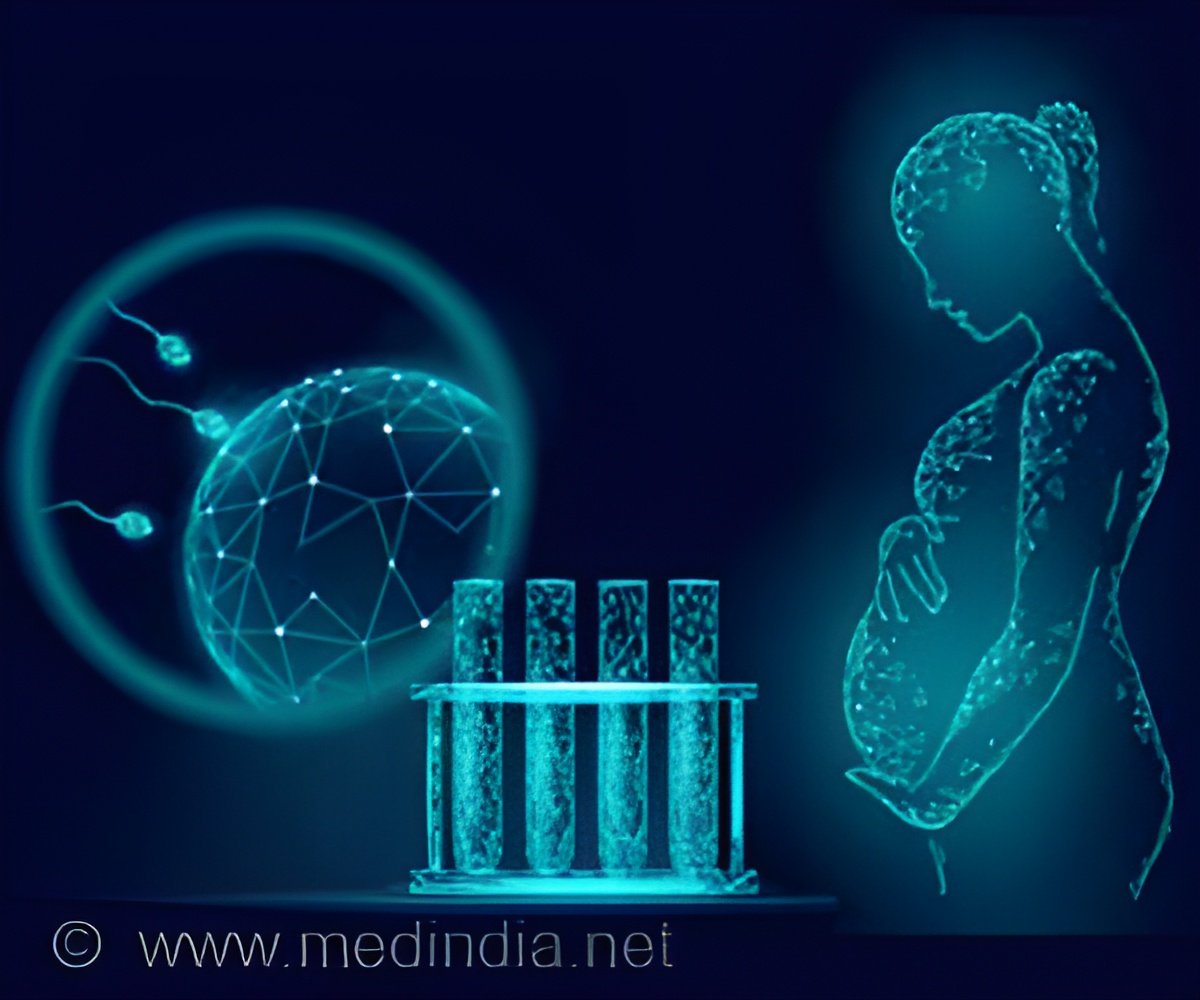Pre-eclampsia is characterized by pregnancy-related hypertension. It can cause damage to some internal organs, including the liver and kidneys. In vitro fertilization using frozen embryos can increase the risk of this condition in pregnant women.

‘Women who underwent hormone therapy for IVF using frozen embryos showed a higher rate of pre-eclampsia (5.3%) when compared to the IVF procedures that used fresh embryo transfers (2.4%).’





Pre-eclampsia is a serious health condition characterized by gestational hypertension. It can cause damage to some internal organs, including the liver and kidneys. The research was conducted in the interests of the Mother & child health network of the French Biomedicine Agency. For this, data of almost 70,000 pregnancies delivered after 22 weeks gestation between 2013 and 2018 from the French national IVF registry have been used.
The pregnancies were categorized into three groups: those derived from frozen embryo transfer in a natural "ovulatory" cycle (9500), those from frozen embryo transfer with hormone replacement therapy (10,373), and conventional fresh transfers (48,152).
While analyzing the medical history, they found that
• The rate of pre-eclampsia was higher in the women who underwent hormone therapy (5.3%) when compared to the pregnancies with a natural "ovulatory cycle" (2.3%) and pregnancies where conventional fresh embryo transfers have been taken place (2.4%).
Advertisement
Dr.Sylvie Epelboin presented the findings at the online annual meeting of the European Society of Human Reproduction and Embryology (ESHRE).
Advertisement















